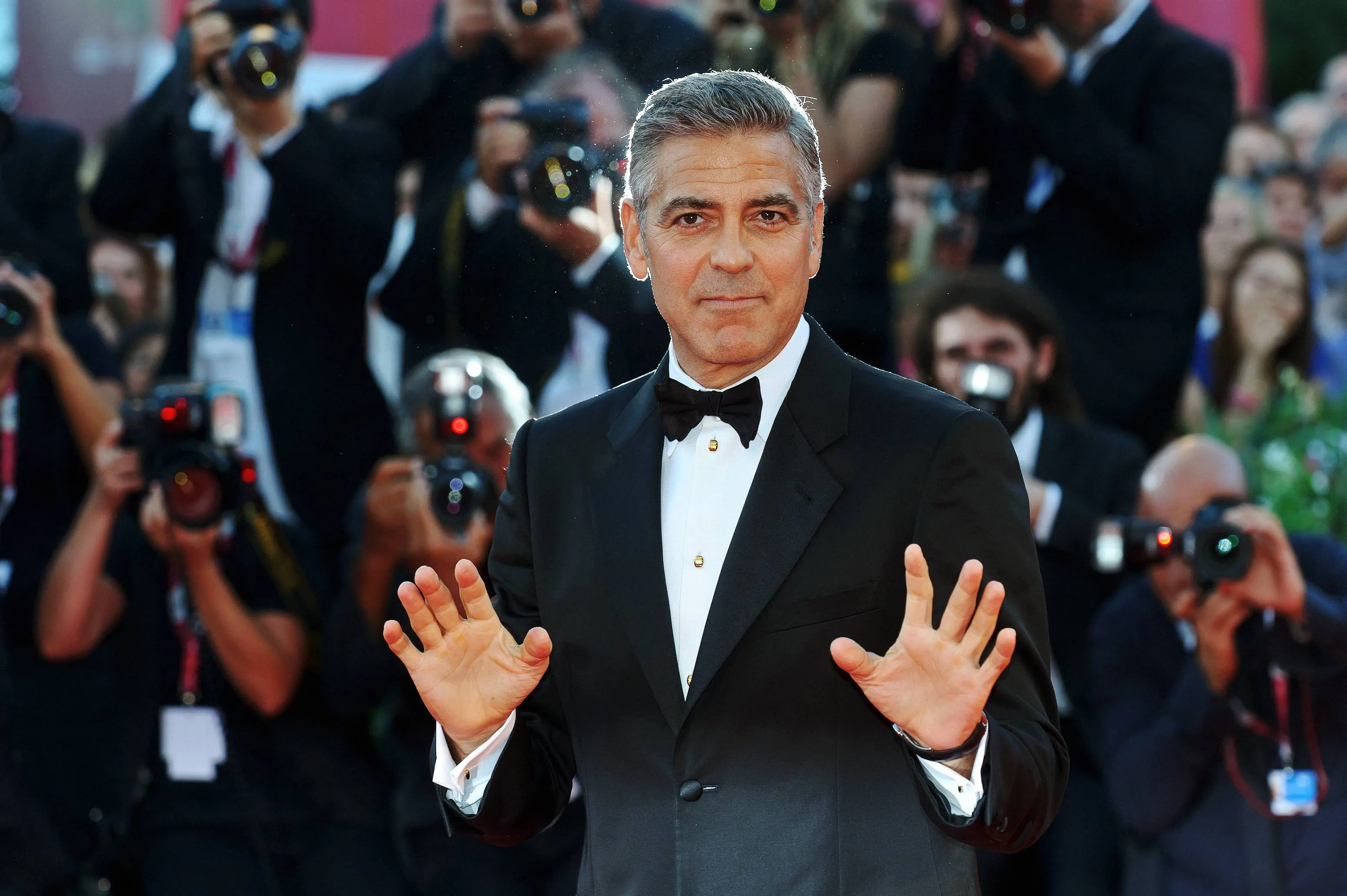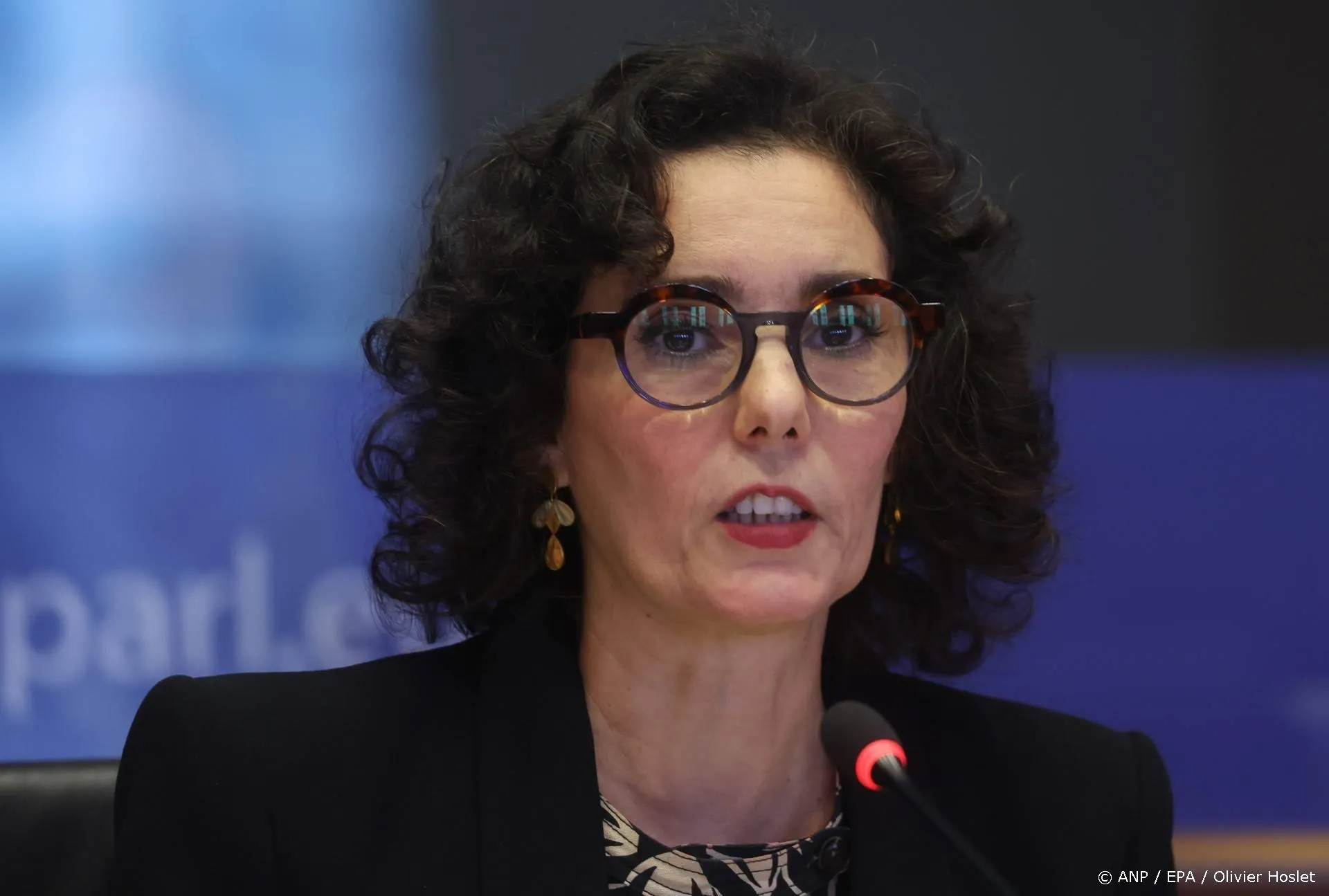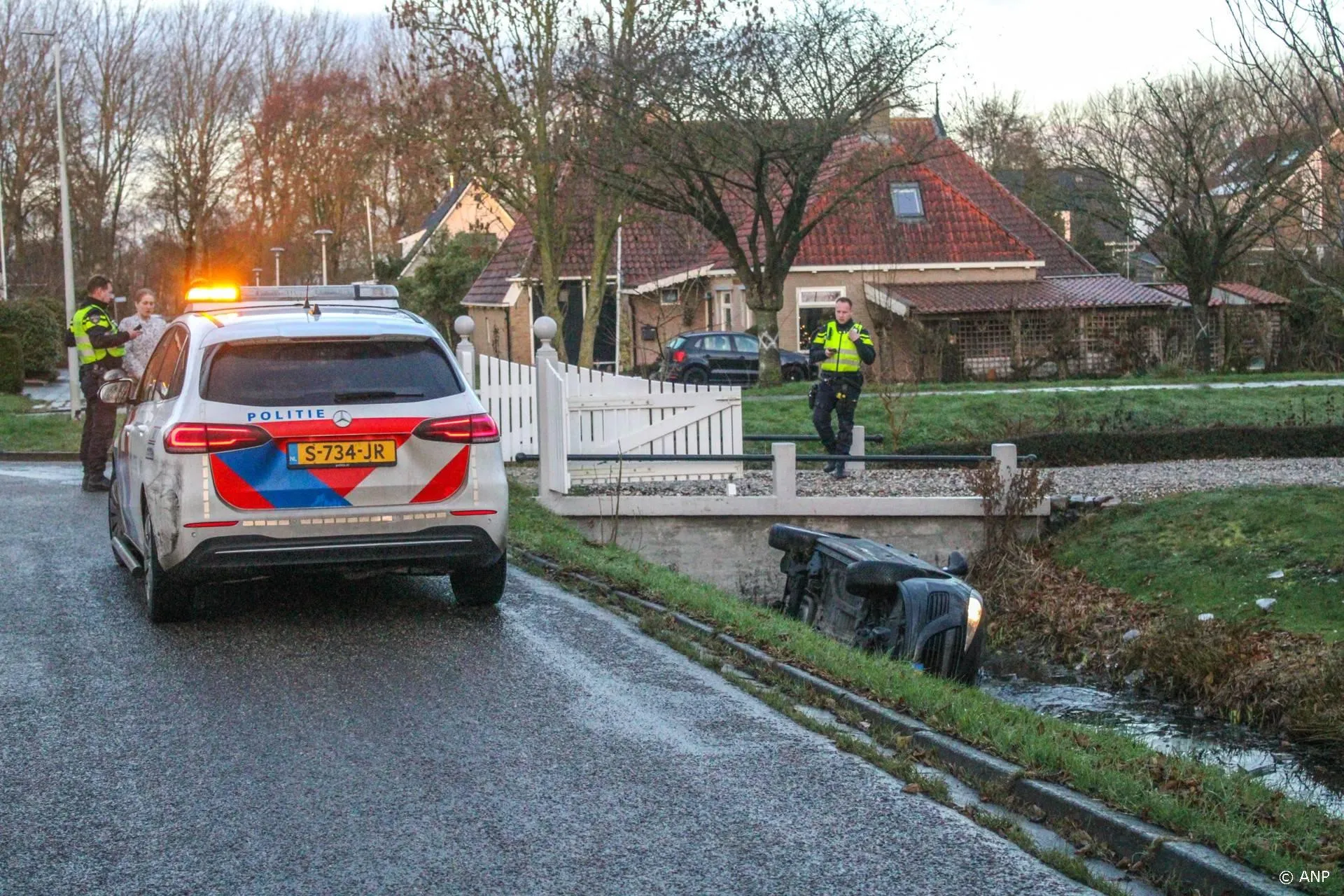Griekse reders nog steeds belastingvrij
On December 5 last year, the Ob River, an 288-metre LNG (Liquefied Natural Gas) tanker with a capacity of 84,682 deadweight tonnes chartered by Russian energy giant Gazprom, arrived at the Japanese port of Tobata. The ship belonged to Dynagas, a privately held company owned by George Prokopiou, one of Greeces preeminent shipping magnates.
It was a delivery of historic significance. To make it, the Ob River had traveled through more than 3,000 miles of the bleak, icy expanse of the Northern Sea Route, accompanied by two nuclear-powered Russian icebreakers. It was the first ever sea voyage of an LNG cargo through the frozen waters north of Siberia, cutting the distance traveled from Norway to Japan by more than 5,000 miles compared to the Suez Canal route.
Sitting in his office overlooking the Saronic Gulf in the southern suburbs of Athens, a large map of the globe lined with sea routes on the wall beside him, the forbidding Prokopiou remembers how he got into the LNG game. The idea of transporting liquefied natural gas was droning around in my brain since 2003. I could see that this would be the century of gas. There are plentiful supplies, it is half the price of oil and it is also a quick fix for pollution and CO2 emissions. This is particularly important for the cities of China and India as they expand, to keep pollution under control, he tells TIME in a deep, gravelly voice.
Ga verder met lezen
Dit vind je misschien ook leuk
Laat mensen jouw mening weten
Lees ook
Loading


